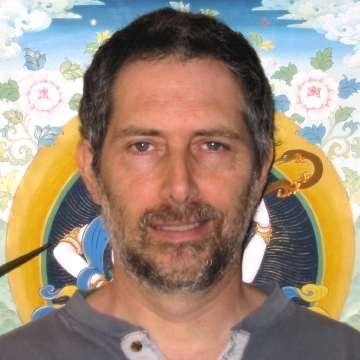5 -Â Â Â Â Â Â Â Â Â Experience, Inclination, and Aptitude
Imagine our personality consisting of three parts:
Â
Experience: Our experience is our history as stored in memory, it forms a basis for our interpretations and actions. Experience is what happens to us, and we try to shape our experience to suit our needs. The sum of our experience defines us, but we are not helpless.
Â
The experience component of personality, or more precisely our recalled experience, refers to the emotional state triggered by stored memories. Memory of past events provides meaning for the present and the future. Beyond being the foundation of our thinking process, memory is the timber from which we build ideas.
Â
Inclination: We have the freedom to interpret and to reinterpret our experiences. Though intellect, intuition, and free will we exercise control to preserve and enhance our situation. We've learned how to cope and generally prevail; with effort our skills improve.
Â
Aptitude: We are born with, or are predisposed to develop certain skills. We take these things for granted: the quality of our memory, the coordination of our body, our sensitivity to sound and movement, our preference for structure or chaos.
Â
Looked at in these terms our efforts at self-improvement focus on realigning our inclinations, and gaining a better understanding of our experiences. We focus on those areas where we have the greatest power to change. We endeavor to improve in those areas where we have aptitude, but we rarely attempt to develop new aptitudes.
Â
It came as a great surprise to me � ?? and few people have yet to appreciate it � ?? that we can develop new aptitudes through the use of neurofeedback.
6 -Â Â Â Â Â Â Â Â Â Neurofeedback
"In my opinion, if any medication had demonstrated such a wide spectrum of efficacy (as neurofeedback therapy) it would be universally accepted and widely used." " "It is a field to be taken seriously by all." [6]
� ?? H. Duffy, M.D., Professor and Pediatric Neurologist at The Harvard Medical School
Â




